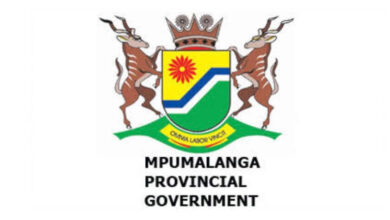Top 5 Secrets to Becoming Wealthy in Your 20s and 30s

By applying these five secrets in full swing, you’ll be able to start accumulating wealth no matter where you are in life. Yes, the first steps are hard—paying down your debt, establishing your credentials, building an investment portfolio, etc—but if you do it early and do it right, you’ll set yourself up for massive financial success later on.
1. Stop procrastinating.
The folly of youth is believing that there’s always enough time for everything. Youngsters often believe that retirement, or wealth building, is something that comes later in life, and are more preoccupied with the concerns of the now. Unfortunately, this often leads to a cycle of “Oh, I should do that next month,” month after month, until before you know it, you’re 10 years older and you’ve missed out on a decade’s worth of compounding interest. The first step is to stop procrastinating; saving and investing is scary, but the longer you wait to do it, the fewer advantages you have..
2. Invest in yourself.
Your next goal should be to invest in yourself; you are the best resource you have to accumulate wealth. Investing in yourself means spending more time on your education, refining your own skill sets and branching out to meet new people who might help you achieve your goals. The more educated, skilled, experienced and connected you are, the more valuable opportunities you’re going to get, which means higher salaries and more options for you down the road, both of which will help you build a stronger financial foundation.
3. Create a budget.
Remember the steps from point 2: Make more money, spend less and invest wisely. Point 3 covered making more money, and this one covers spending less. Make a detailed budget for yourself based on your projected income and your current expenses. Set firm limits for your expenses, and keep a close eye on where most of your money goes—you might be surprised at some of the areas where you waste the most money. Once identified, you can start refining your budget to spend as little as possible, and funnel the rest into a savings or investment program.
4. Pay down your debt.
Before you start regularly saving and investing money, it’s usually a good idea to pay down any debts you may have accumulated. Credit card debt, student debt, and even car loans can carry heavy interest rates that drag you down, demanding monthly installments that chip away at your revenue while racking up additional interest and penalties that take away even more money from your future self. Don’t let this eat away at your potential; make it a first-line priority to get rid of your debt as soon as possible.
5. Diversify.
Even though risk-taking is a generally rewarding strategy in your 20s and 30s, it’s also a good idea to diversify your efforts. Don’t build up just one skill set, or one set of professional connections. Don’t rely on one type of investment, and don’t gamble all your savings on one venture. Instead, try to set up multiple income streams, generate several backup plans for your goals and businesses, and hedge your bets by looking for new opportunities everywhere. This will protect you from catastrophic losses, and increase your chances of striking it big in one of your ventures.




